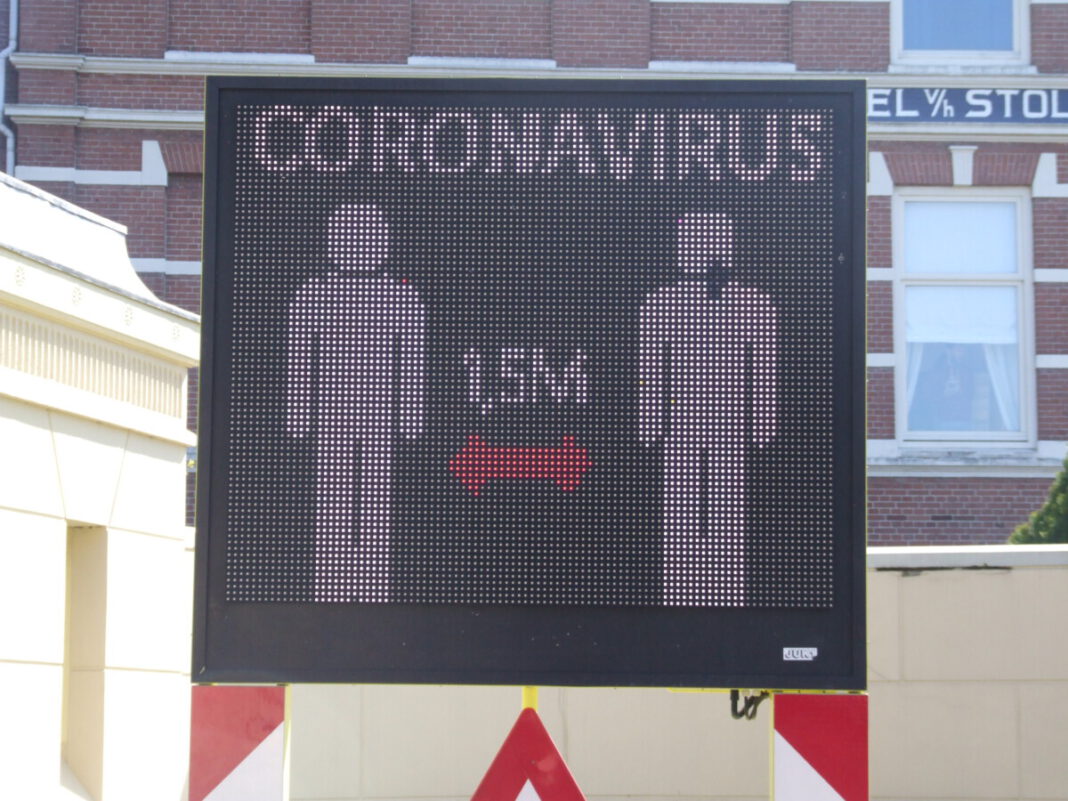At a press conference yesterday, Mark Rutte stated that we have seek out a new normal in our current society, as the social distancing measures will continue for some time.
How will people deal with following these new rules in the long-term? The longer they will last, the harder it will be for people to deal with them, according to social psychologist Tom Postmes in an interview with NOS.
Three stages of reaction to disaster situations
In Postmes’s view, people react to every disaster or crisis situation in three stages. In the first stage, people feel a lot of fear given the crisis and will follow the rules closely.
In the second stage, the situation becomes normalised and people then start to fiddle around with the rules.
Lastly, in the third stage, people let go of the measures completely.
Many Dutch people are still in the first phase of fear, according to Postmes, out of a sense of necessity, such as preventing the overwhelming of hospitals and ICU’s. A fellow colleague of his from the University of Groningen, social psychologist Arie Dijkstra, states the following:
“Now that things seem to be going a bit better, people are rightly reassured. But that could also decrease the motivation to keep it up. Everyone makes their own considerations. That is also the complication with a virus. You don’t see it, so each individual has their own image.”
Overly positive news can be a negative thing
While it’s important not to give in to pesimism, it’s still important not to give into overly positive news either. According to Dijkstra, there’s a fine balance to achieve between hearing about the positive things happening in regards to coronavirus, but also the things that are going wrong. Only if a more negative perspective is kept do people still continue to take the rules seriously.
Postmes considers that it is important that the situation is made clear to people, but that people do not become overly hopeful. One of his curiosities is how different parts of the country will go through the three stages of disaster reaction. “I think it will go faster in Groningen, for example, than in the south. And some young people may already be in phase three. How do you deal with that?”
Follow DutchReview on Facebook for the latest news on coronavirus in the Netherlands.
Feature Image: Vlad Moca-Grama/Supplied



